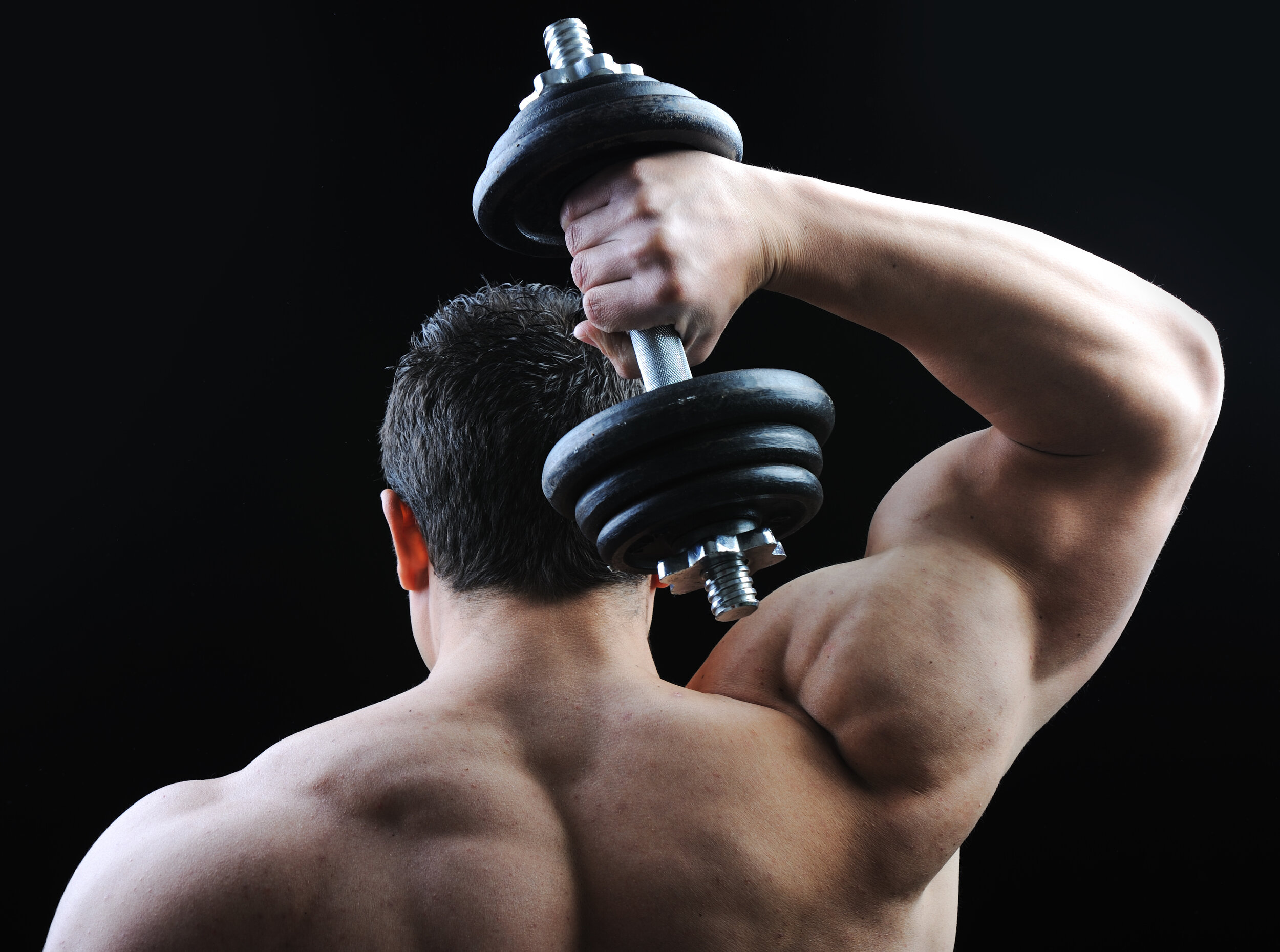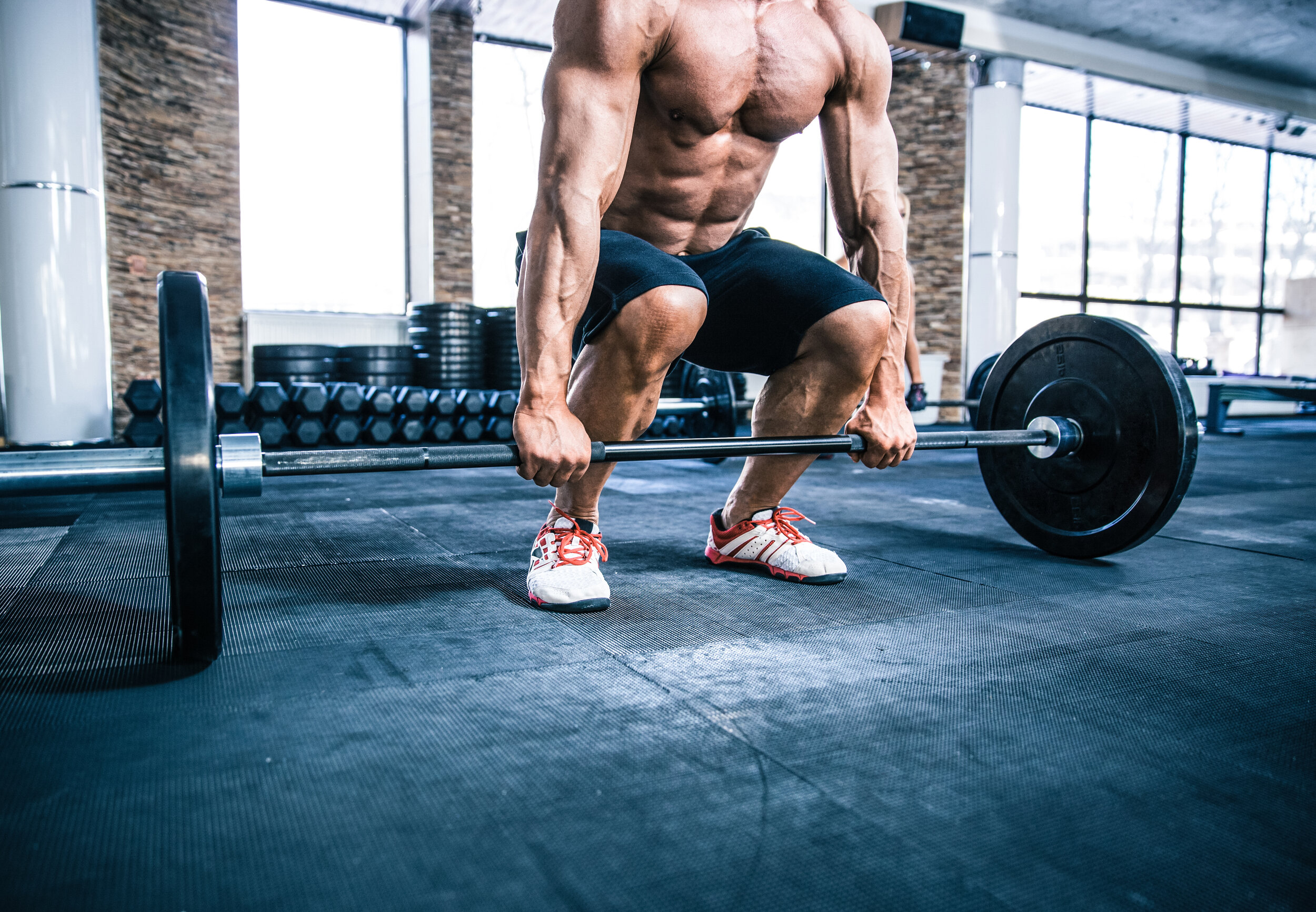

The Squat Isn't For Everyone
Squats are generally seen as the must-do exercise for lower body development, and it’s often ignored by fitness professionals that some people do not enjoy or cannot perform them. Spine, hip, knee, and calve conditions/injuries commonly effect someone’s ability to squat. There are plenty of other exercises that develop the lower body that work better for these situations. Workout programs need to be built on exercises the individual wants to do and is safely capable of doing, even if it means that a popular or effective exercise like the squat isn’t included.

Developing The Delts
The deltoids are an important muscle group that work in conjunction with the back, shoulders, and pectorals. They are a small muscle group and therefore they grow more slowly. Training them is a long term goal that requires patience, strict form, and more patience. The trapezius muscles (traps) are also key in developing the delts and are also difficult to isolate and train individually. There are many excercises that help specifically build up the delts and traps, but they can also be trained during your normal lifting routine. The posterior delts are the least targeted during regular training so if you want to develop the delts, make sure you focus on this area.

Training For The Hypermobile
Hypermobility is a condition where joints are unusually loose or unstable and often presents itself in people as excessively flexible bodies with poor proprioception (the sense of knowing what space your body is taking up and what it’s doing). The risk of injury that comes with hypermobility means that clients should focus on stability rather than flexibility, avoid extreme ranges of motion, be careful with controlling movement and form, and be aware that their strength will grow slowly. Personal trainers should familiarize themselves with common conditions like hypermobility in order to best support the wide range of individualization their clientele will need.

Paused Reps In Your Training
Pauses in reps can be very useful for building muscle mass and practicing strict form, especially when doing higher reps or exercises where you tend to zone out or speed through. Pauses at the bottom of each rep helps keep you aware of your form as well as letting your muscles re-engage for the second part of the lift. Pause reps can be a great way to add more difficulty to your workouts, but it’s best to assess each lift to see if it will be beneficial.

Why Is Lifting Weights Objectively More Fun?
Resistance training is the most fun and empowering way to train because strength gains are more immediate, noticeable, and can be easily tracked. Progress and results that are more nebulous and subjective do not give the same sense of accomplishment, which is why making fitness goals around something that constantly fluctuates like bodyweight is generally unsatisfying. Strength training and other skill based exercises can help people live the lives they want to, and it’s important to find what works best for your life and body.
